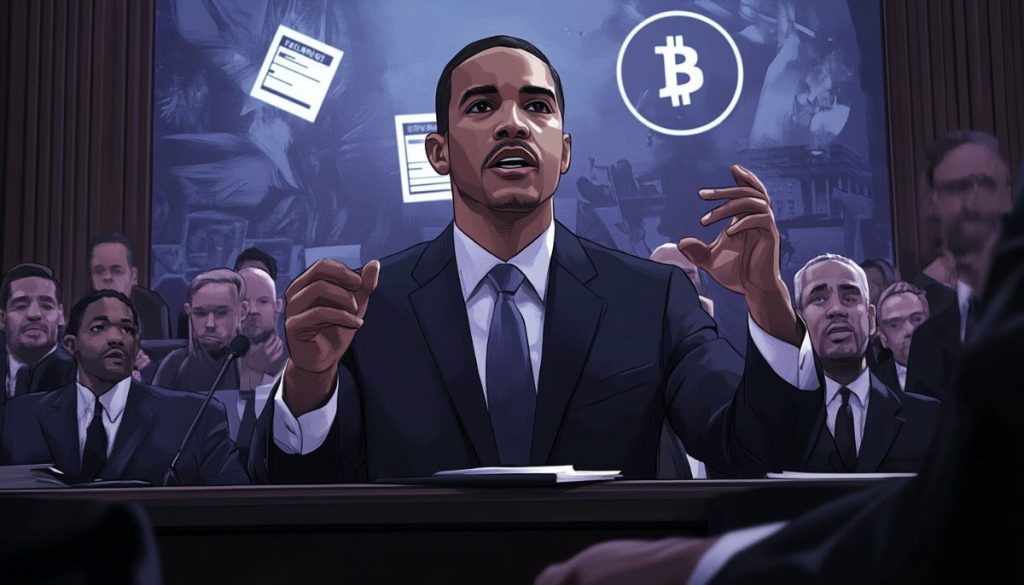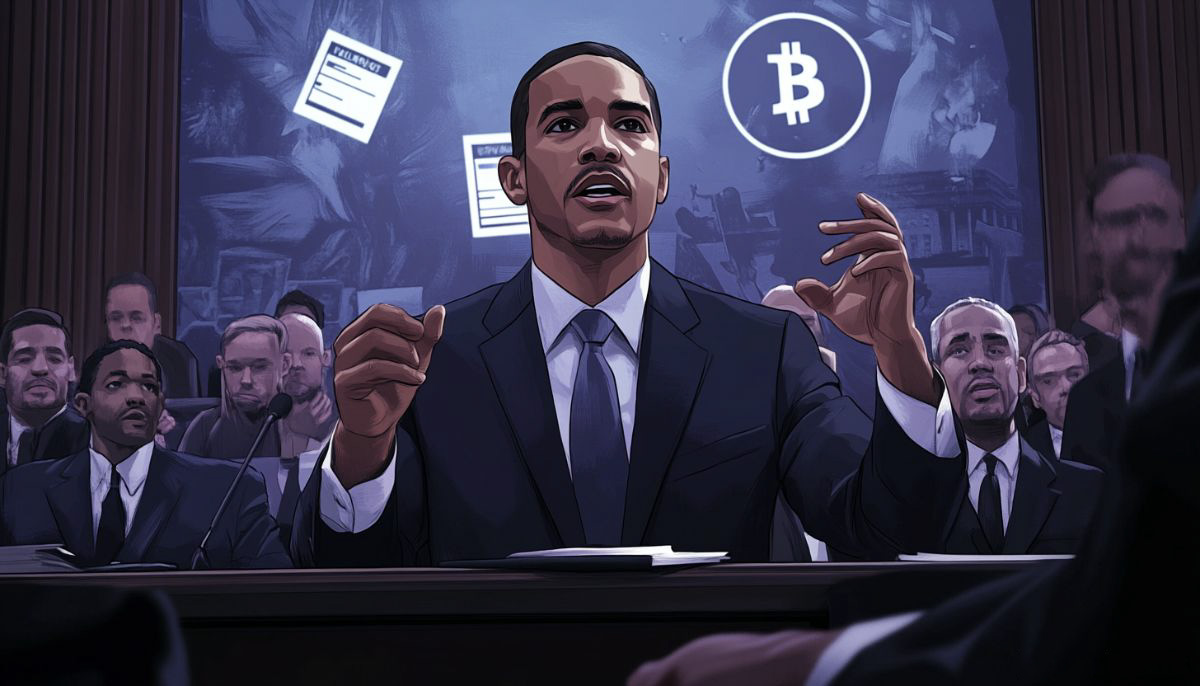In response to the CFTC’s request for an emergency stay against Kalshi, Representative Ritchie Torres has urged the US CFTC to concentrate on regulating election markets.

In reaction to a recent court decision that stopped political prediction markets, cryptocurrency-friendly congressman Rep. Ritchie Torres has urged the U.S. Commodities Futures Trading Commission (CFTC) to refocus its efforts on overseeing election markets.
The New York Democrat’s appeal follows the suspension of Kalshi’s political prediction markets by a U.S. federal appeals court, which was prompted by the CFTC’s request for an emergency stay after the latter organization lost a related motion in a lower court.
The Growing Market for Election Bets: How Are Regulators Responding?
In a letter sent to CFTC Chair Rostin Behnam, the New York Democrat highlighted the need for responsible innovation and consumer protection, citing concerns over unregulated exchanges that have hosted election markets for years.
The push comes after the CFTC was found to have overreached itself in obstructing Kalshi’s attempt to offer contracts linked to U.S. elections, according to Judge Jia M. Cobb of the U.S. District Court for the District of Columbia. Election contracts have raised concerns that they could “undermine confidence in election integrity,” and the CFTC later appealed the decision.
Torres wrote as an encouragement:
“In light of this, the CFTC should accept the ruling and look forward. I encourage you to focus on promoting responsible innovation, regulating exchanges, protecting consumers, and safeguarding the sanctity and integrity of elections from illegal and unregulated actors.”
Additionally, Torres asked the CFTC to take into account the resources used up by ongoing legal challenges as well as the possible damage to election integrity should unregulated markets continue to gain traction. In order to guarantee that election markets function lawfully and securely, he emphasized how crucial it is that the CFTC provide resources to regulated organizations.
Concerns regarding the event markets’ explosive expansion and their increased contract size since 2021 have been raised by CFTC Chair Behnam. In light of the fact that these markets are still growing ahead of the elections in November, the CFTC decided earlier this year to propose regulations banning wagers on political events.
But neither Torres’ letter nor the most recent court decision have received a response from the CFTC yet.
Kalshi’s Political Prediction Markets Paused by Appeals Court Amid CFTC Legal Battle
While other platforms, like Polymarket, are still unregulated in the United States, Kalshi, a regulated event market, has put a halt to its election-related contracts while the legal proceedings continue.
As the 2024 elections draw near, CFTC Chair Behnam has issued warnings about a “significant uptick” in event contracts and voted in favor of proposing regulations that would outlaw political event bets in May.
In response to the CFTC’s emergency request, a U.S. federal appeals court temporarily suspended Kalshi’s recently launched political prediction markets on September 12.
This action was taken in response to a ruling by a lower court, presided over by Judge Jia Cobb, that found the CFTC had overreached its jurisdiction when it prohibited Kalshi from providing contracts related to US elections, such as forecasting which party would hold the Senate or House.
The first election market is live on @Kalshi.
— Tarek Mansour (@mansourtarek_) September 12, 2024
Today marks the first trade on regulated election markets in nearly a century.
This one is for you, the prediction markets community. pic.twitter.com/USzzVMffQn
In order to stop Kalshi from listing these markets while it awaited Judge Cobb’s complete ruling, the CFTC had previously lost its motion. Following the publication of the opinion, Kalshi began its contracts, which prompted the CFTC to submit an urgent appeal to the appeals court.
The emergency motion, which forecasted which political party would win control of the House and Senate, stopped trading on Kalshi’s contracts.
The attorneys representing Kalshi countered that no stay was required, claiming that elections do not qualify as “gaming” or “unlawful activity,” in opposition to the CFTC’s argument that temporarily stopping the contracts would minimize harm to the public.
The stay was approved by the appeals court, and Kalshi was given until Friday night to reply. Saturday night was the deadline for the CFTC to respond. Meanwhile, the CFTC is also working on a broader rulemaking process aimed at banning political prediction markets in the U.S. due to concerns over potential election fraud.















Leave a Reply